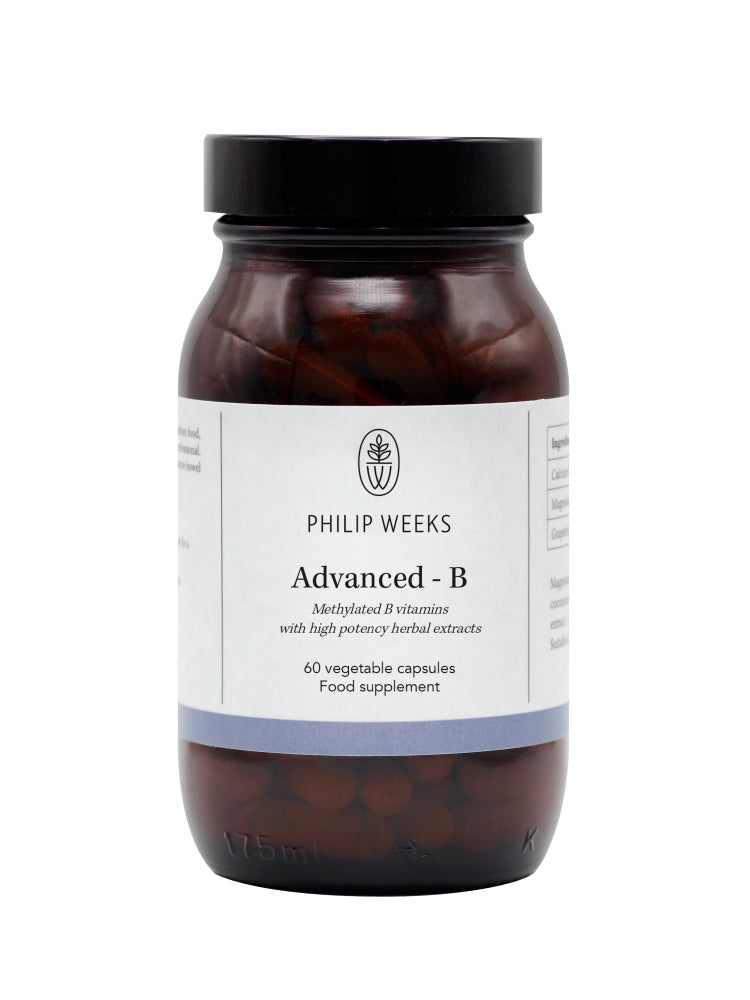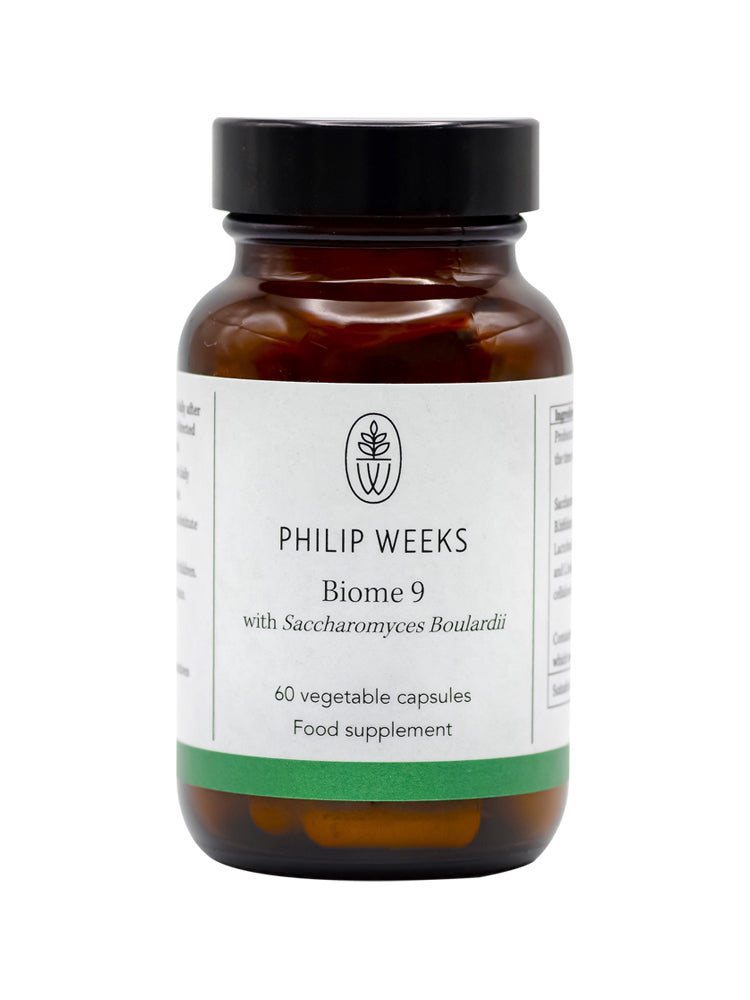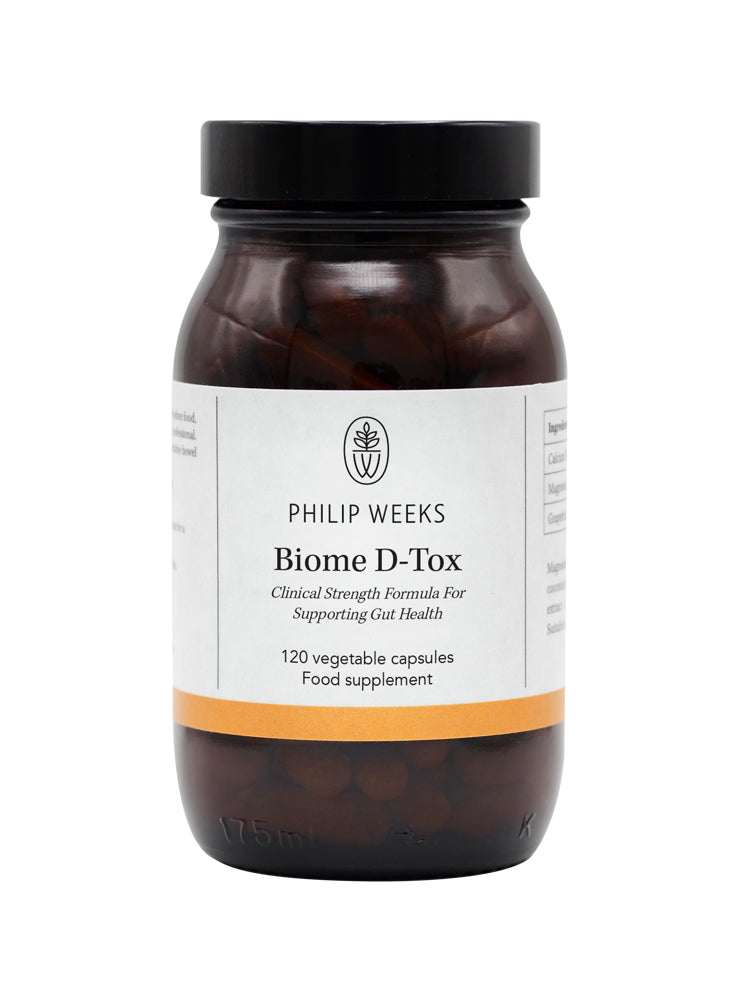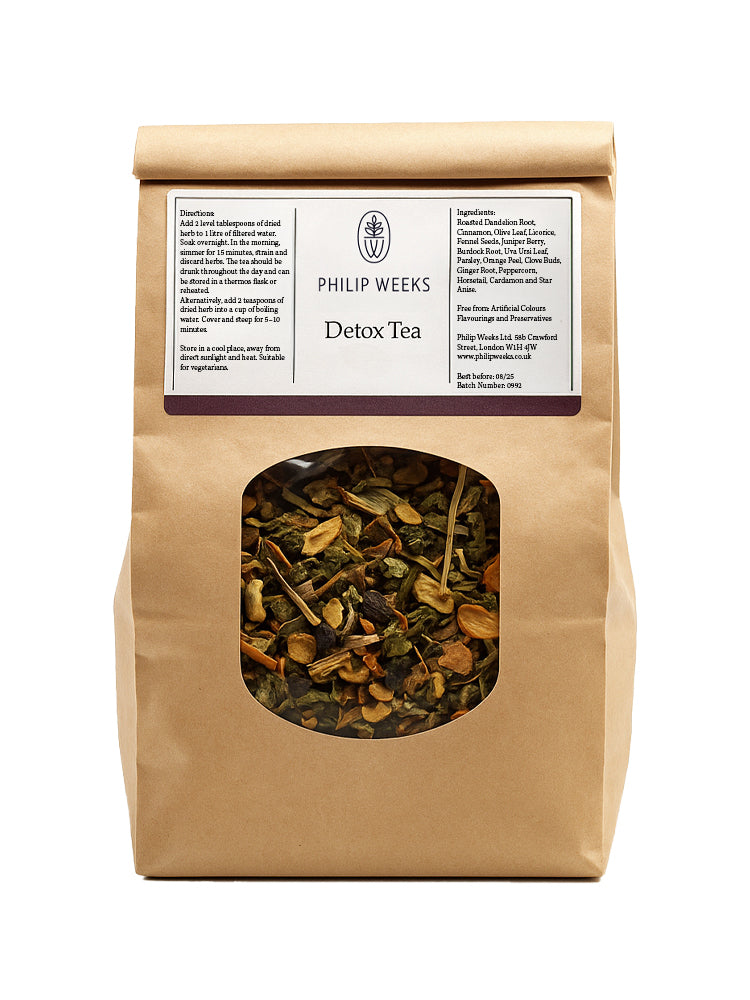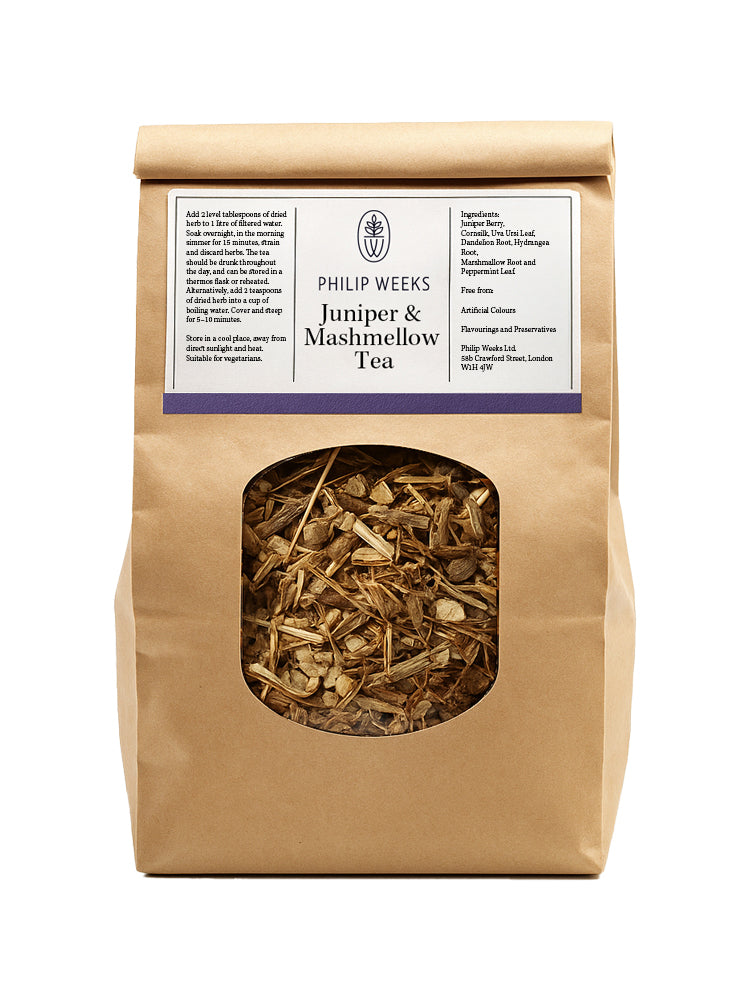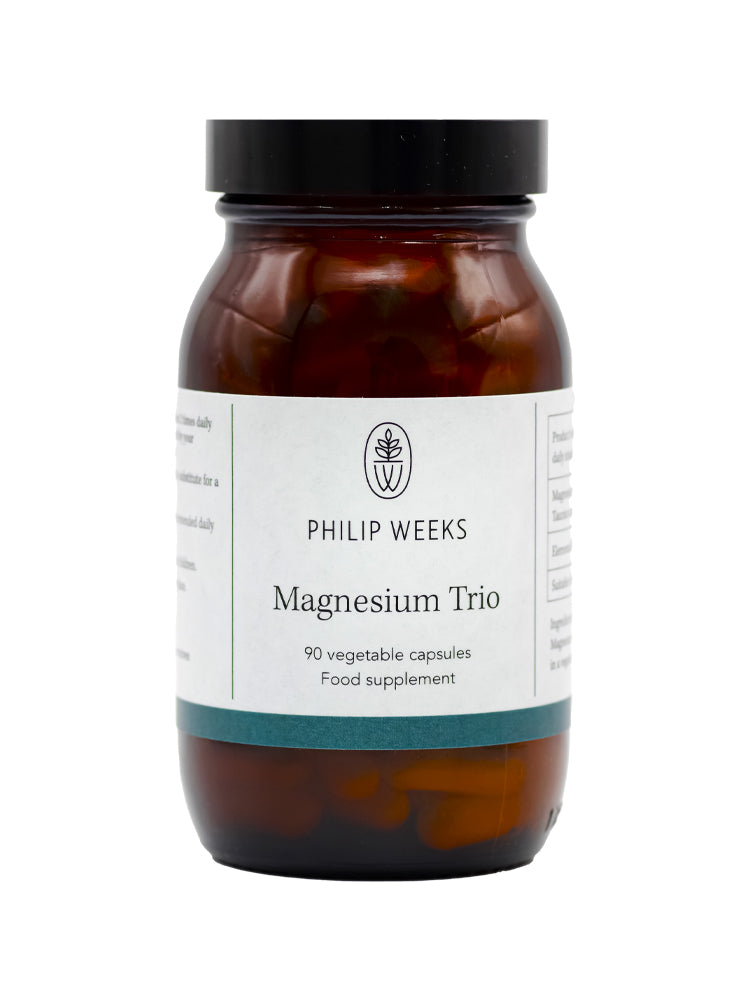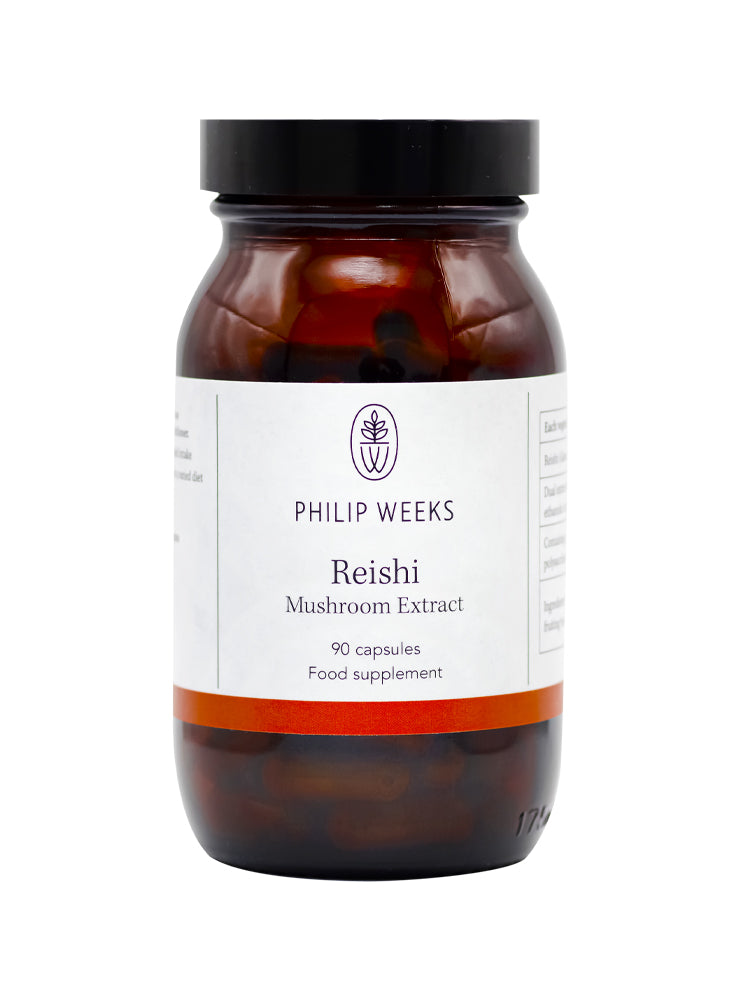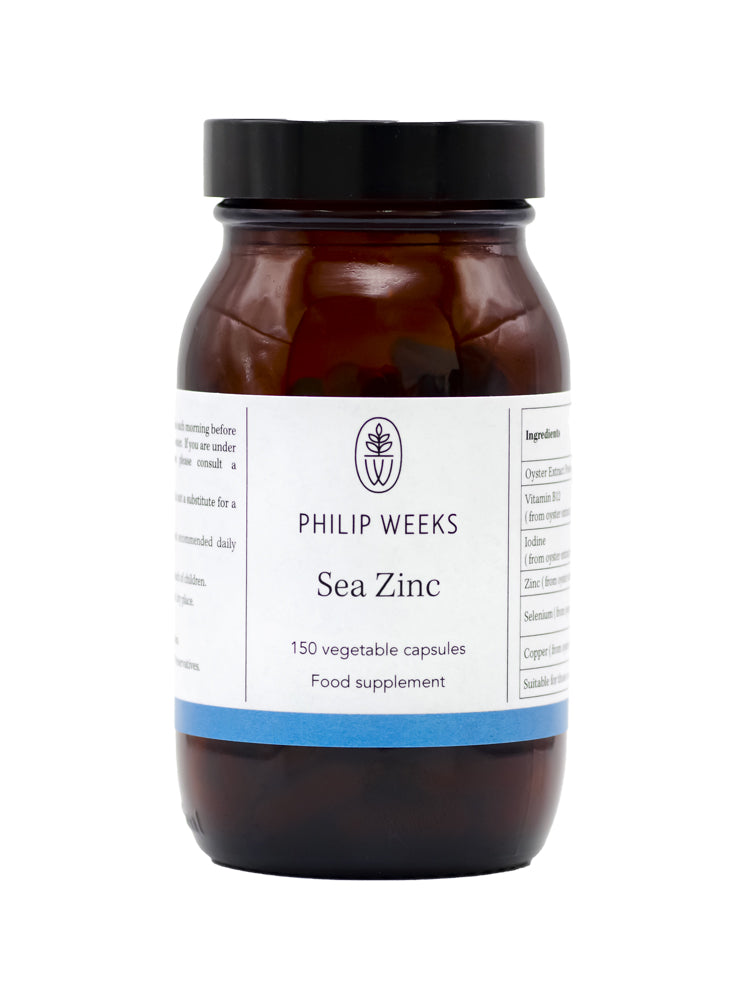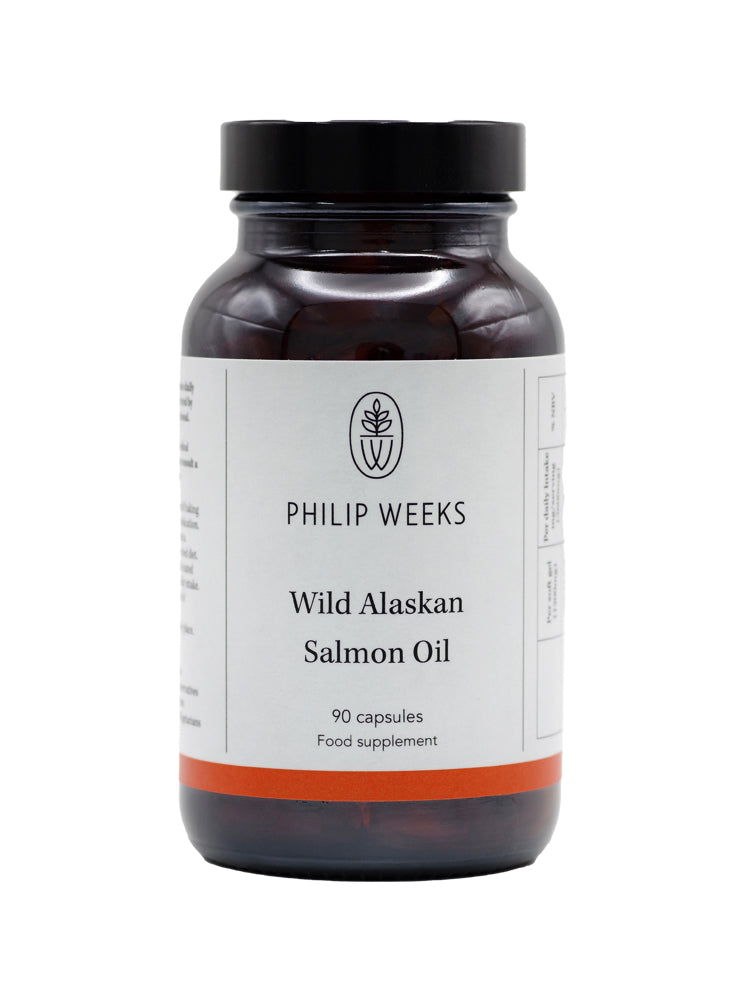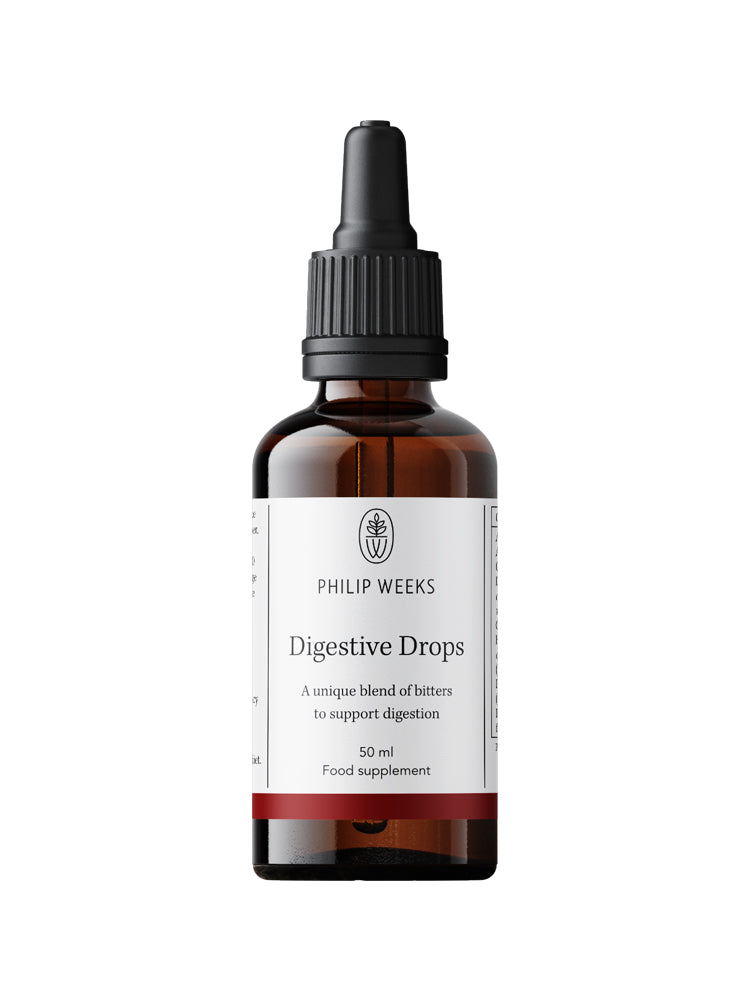Berberine is an incredibly useful compound extracted from various medicinal plants such as goldenseal, coptis, barberry, and oregon grape root. It has been used for centuries as a traditional herbal remedy as well as in Chinese and Ayurvedic medicine. The extract is a fluorescent bright yellow and is very bitter in flavour. The bitter taste can stimulate digestion and has a multitude of benefits and berberine is particularly potent.
It’s wide range of therapeutic effects and potential health benefits have garnered attention in the modern scientific community. Over the years I have used several different formulas containing berberine to support patients with all kinds of health issues.
Blood Sugar Regulation
One of the most well-researched benefits of berberine is its ability to support healthy blood sugar balance. It can activate an enzyme called AMP-activated protein kinase (AMPK), which plays a crucial role in maintaining energy balance. It is thought to promote healthy blood sugar levels through its action of reducing the absorption of sugar (glucose) in the gut, promoting insulin sensitivity, and increasing pancreatic excretions.
Improved Cardiovascular Health
Berberine has demonstrated promising effects on various cardiovascular parameters. It has been demonstrated to help reduce the number of dangerous particles making up the LDL (bad) cholesterol as well as lowering triglyceride levels while increasing HDL (good) cholesterol. Moreover, berberine's ability to improve endothelial function, reduce inflammation, and mitigate oxidative stress contributes to its cardiovascular benefits. These effects have gained interest for researchers who aim to reduce the risk of atherosclerosis and other heart-related conditions.
Weight Management
Berberine has shown potential in aiding weight loss and improving metabolic health. By supporting the healthy function of hormones such as insulin, leptin, and adiponectin, berberine has been show to enhance metabolic rate and promote fat loss. Studies indicate that berberine supplementation can lead to reductions in body weight and body mass index (BMI). Berberine has been shown to increase the levels of the gut bacteria Akkermansia which has been found to be more abundant in individuals with a healthy weight and at much lower amounts in obese individuals.
Antimicrobial Properties
Berberine has historically been used to help combat a variety of pathogens, including bacteria, viruses, fungi, and parasites. It has been used traditionally to treat infections, particularly those affecting the gastrointestinal tract. Berberine's ability to disrupt the cell membranes of microorganisms and inhibit their growth is the reason that it has been so widely used in Chinese medicine as a valuable natural antimicrobial agent.
Anti-inflammatory and Antioxidant Effects
Chronic inflammation and oxidative stress are underlying factors in many chronic diseases. Berberine has been shown to have anti-inflammatory and antioxidant effects. It studies it has been shown to inhibits the production of pro-inflammatory cytokines and scavenges free radicals, thereby having a protecting effect on cells.
Gut Health
Berberine's benefits extend to gut health as well. It helps modulate the gut microbiota, promoting the growth of beneficial bacteria while inhibiting harmful ones. This balance is crucial for maintaining overall digestive health, improving nutrient absorption, and supporting the immune system. Particularly useful for candida overgrowth, dysbiosis and small intestine bacterial overgrowth (SIBO).
Traditionally berberine was always taken in combination with other plant extracts which is why I formulated Biome D-Tox formula. The berberine I use is highly concentrated at 97% and therefore smaller doses are needed.
Cautions….
As with any supplement, it's important to consult with a healthcare provider before starting berberine, especially for individuals with existing health conditions or those taking other medications. It is not recommended when pregnant or whilst breast feeding.
References
Blood Sugar Regulation: Yin, J., Xing, H., & Ye, J. (2008). Efficacy of berberine in patients with type 2 diabetes mellitus. Metabolism, 57(5), 712-717.
Improved Cardiovascular Health: Kong, W. J., Wei, J., Abidi, P., et al. (2004). Berberine is a novel cholesterol-lowering drug working through a unique mechanism distinct from statins. Nature Medicine, 10(12), 1344-1351.
Weight Management: Hu, Y., Ehli, E. A., Kittelsrud, J., et al. (2012). Lipid-lowering effect of berberine in human subjects and rats. Phytomedicine, 19(10), 861-867.
Antimicrobial Properties: Birdsall, T. C., & Kelly, G. S. (1997). Berberine: Therapeutic potential of an alkaloid found in several medicinal plants. Alternative Medicine Review, 2(2), 94-103.
Anti-inflammatory and Antioxidant Effects: Tan, W., Li, Y., Chen, M., & Wang, Y. (2011). Berberine hydrochloride: Anticancer activity and nanoparticulate delivery system. International Journal of Nanomedicine, 6, 1773-1777.
Gut Health: Habtemariam, S. (2020). Berberine pharmacology and the gut microbiota: A hidden therapeutic link. Phytotherapy Research, 34(6), 1347-1349.
Potential Anti-Cancer Properties: Li, W., Hua, B., Saud, S. M., et al. (2015). Berberine regulates AMP-activated protein kinase signaling pathways and inhibits colon tumorigenesis in mice. Molecular Carcinogenesis, 54(10), 1096-1109.



